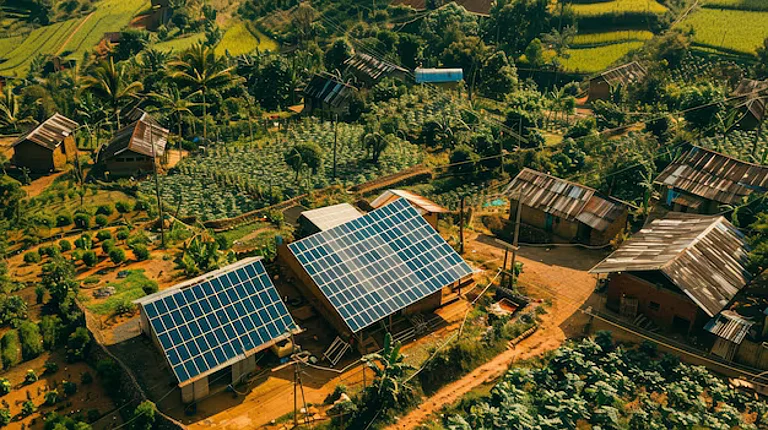The Rs 858 crore allocated for the ‘Control of Pollution’ scheme remains largely unspent, with less than 1% of the budget utilised so far, according to a report tabled in Parliament on March 25.
Environment Ministry's Rs 858 Cr for ‘Control of Pollution’ Still Underspent: Is India Making Progress on Pollution?
Despite Rs 858 crore allocated for pollution control, funds remain largely unspent, raising concerns about India’s progress in tackling pollution
The department-related standing committee on science and technology, environment, forest and climate change expressed its shock in the Demands for Grants (2025-26) report and directed the ministry to “introspect” and take serious note of the reasons for gross underutilisation, according to The Indian Express.
In response to the panel’s surprise over the expenditure of only Rs 7.22 crore until January 21 out of the revised allocation of Rs 858 crore, ministry officials shared that the funds remained unutilised due to uncertainty over the approval for the scheme’s continuity, as reported by The Indian Express. The ministry spent the entire budget allocated for the scheme over the past two financial years.
“At a time when the Ministry is required to address the grave and critical challenge of deteriorating air quality, the Ministry has not been able to decide the continuation of the concerned scheme, as a result of which not even 1% of the funds allocated for the scheme have been utilised so far. The Committee, therefore, recommends that the Ministry needs to introspect and take a serious note of the reasons for this gross underutilisation,” the report said.
It said, “The rising environmental pollution in the country not only results in number of pollution related human diseases and health conditions but negatively impacts our ecology too.”
Progress on Pollution
Despite the severe impact of pollution, India’s air quality situation remains grim. The World Air Quality Report 2024 published by Swiss air quality technology company IQAir on March 11, ranked India as the world’s fifth most polluted country in 2024, down from third in 2023, with Delhi being the most polluted capital city globally.
Former WHO Chief Scientist and Health Ministry Advisor Soumya Swaminathan said that India has made progress in air quality data collection but lacks sufficient action.
"We have the data; now we need action. Some solutions are easy like replacing biomass with LPG. India already has a scheme for this, but we must further subsidise additional cylinders. The first cylinder is free, but the poorest families, especially women, should receive higher subsidies. This will improve their health and reduce outdoor air pollution," she told PTI in an interview.
Swaminathan emphasised the importance of expanding public transport in cities and imposing fines on high-emission vehicles. “A mix of incentives and penalties is necessary,” she said. She also underscored the need for strict enforcement of emission laws, urging industries and construction sites to comply with regulations and adopt measures to reduce emissions rather than cutting corners.

